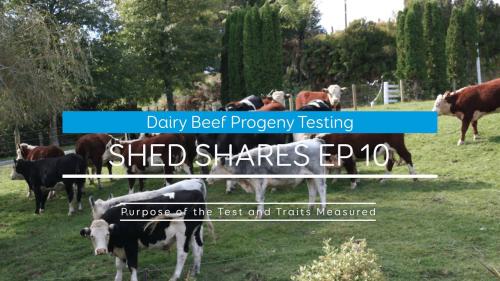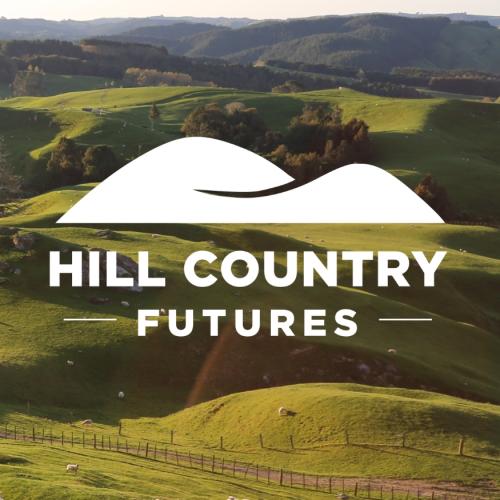Search results
Displaying 231 - 240 results of 756
- Resource book… business resource inventory number type condition per cent current utilisation per … loaded assumptions know who you know your body language know how you think know where … information variety ways written verbal body language gestures drawings signals art …
- Industry data… year summary 202526 2 global economic conditions 4 exchange rate impacts 12 cattle … stronger livestock prices better seasonal conditions more fertiliser applied 202425 … new season outlook 202526 4 global economic conditions section summarises economic …
- Other PDF… many carbon forests never intended harvested conditions1 management land future … sealed located more than 50 from water body effluent collected stored disposed … area located greater than 50m from water body parliamentary council office 2020 …
- Factsheet… soils long care taken graze cattle under wet conditions chicory can grown pure crop without … bulls summerautumn had high rainfall pasture conditions were very good high levels clover … page 5 summerautumn had high rainfall pasture conditions were very good high levels clover …
- VideoAnna then delves into the traits measured and the results so far. …
- … sequestration incentives often come strict conditions designed maximise cobenefits … name suggests unlike kyoto protocol central body setting targets each signatory sets its … dairy platform members 2017 australian levy body meat livestock australia mla announced …
- Resource book… recreational activities appropriate weather conditions sustainable habitat native fish … flowing water lakes tarns ponds dams body freshwater entirely nearly surrounded … source nutrients sediment transported waterbody csapollutant source transport 7 fp12025 …
- Factsheet… dry sufficiently before cultivating suitable conditions sowing catch crop can reduce … correct cultivation type depending soil conditions what crop sown consider direct … locations where leaching issue appropriate conditions exist grow crop captures utilises …
- VideoTime to pasture renewal and the renewal process are also discussed for areas previously sown in lucerne. Hill Country Futures was a long-term $8.1m programme focused on future proofing the …

